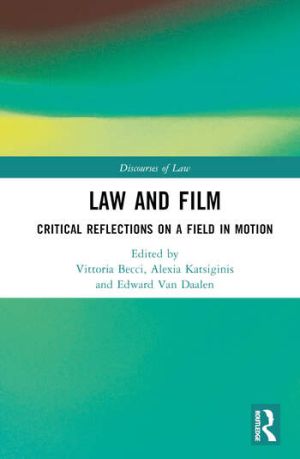
This book explores how law can be understood through film by engaging creatively with the intellectual and aesthetic dimensions of both fields.
Challenged to go beyond an instrumental analysis of a law ‘and’ film, the contributors to this book instead consider instead the need to turn to film, and what this means for how we come to understand law and its absences. As such, the chapters explore a variety of narratives, aesthetics, cinematic epistemologies and legal phenomena; from assessing law in social debates to film as legal critique, from notions of justice to contemplations on evil, and from masculine vigilantism to radical feminism. Taken together, they constitute an inspiring body of work that embodies an urgency for diverse and subversive ways to challenge law’s formalism and authority; and to think about and respond variously to law’s impotence, its disappointment, or its boredom.
This book will appeal to legal scholars and students in law and the humanities, and especially those with interests in aesthetics, law and literature, law and culture, and law and society, and critical legal theory.